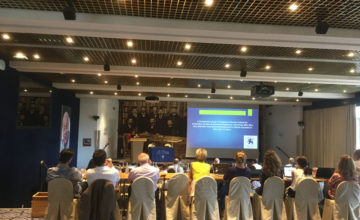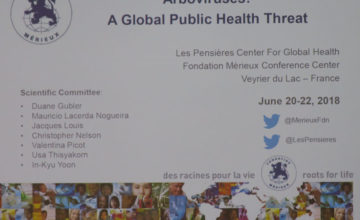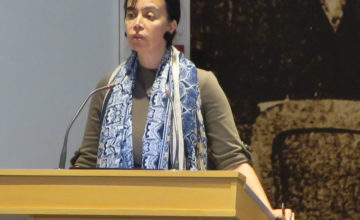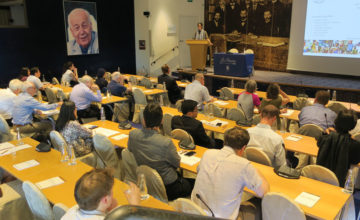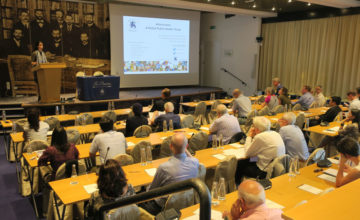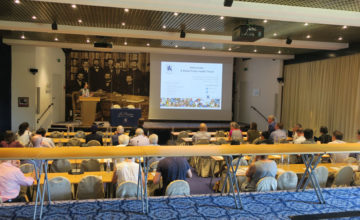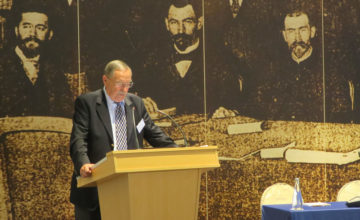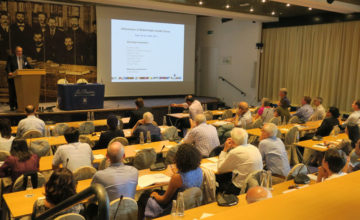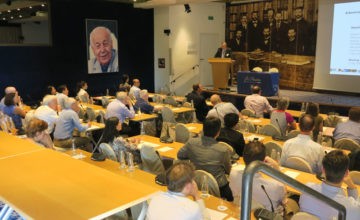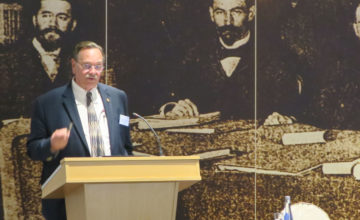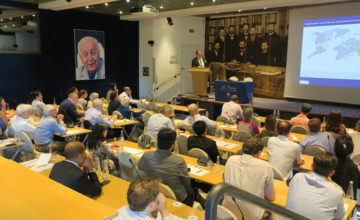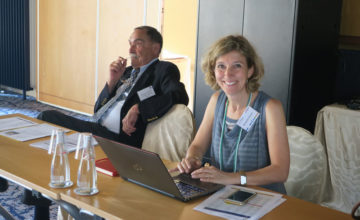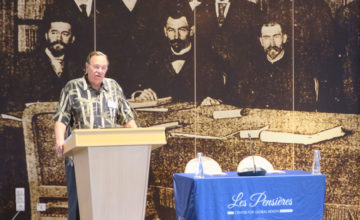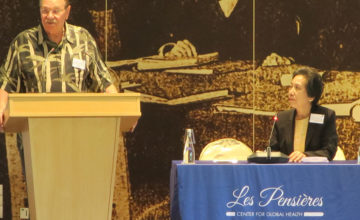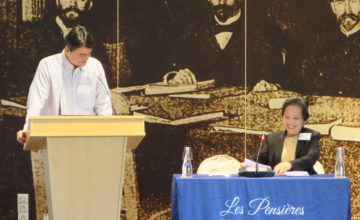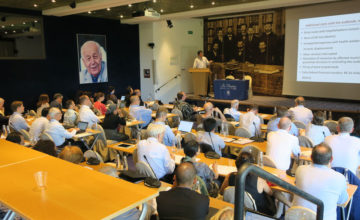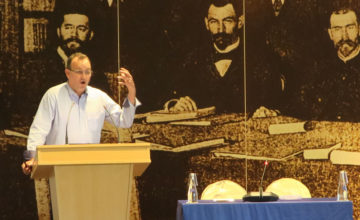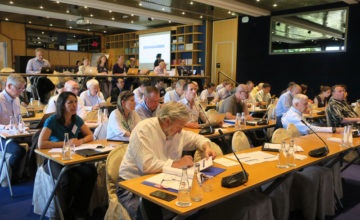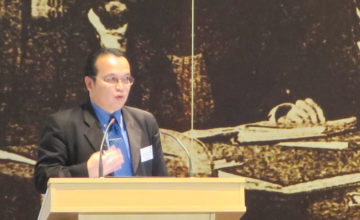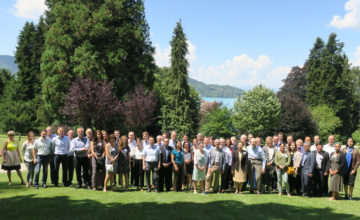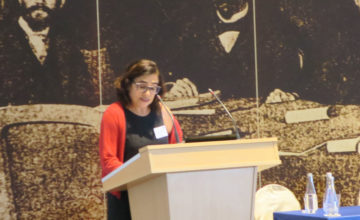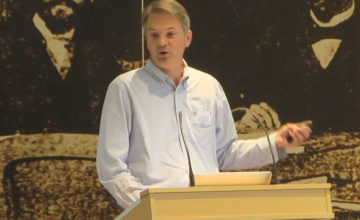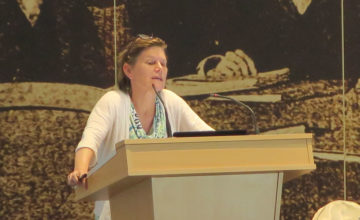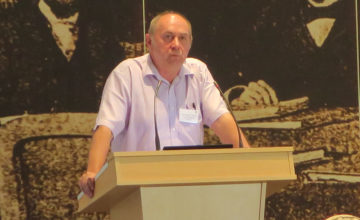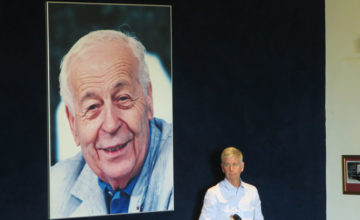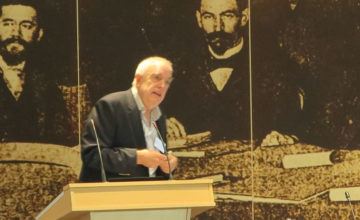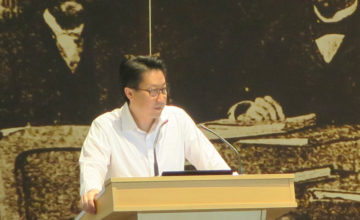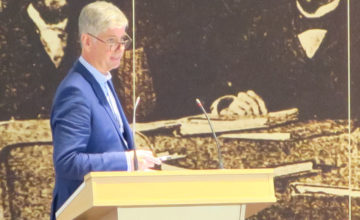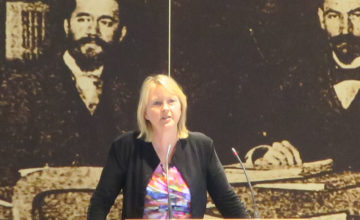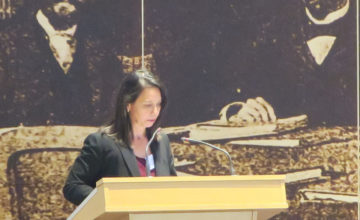Mérieux Foundation event
Arboviruses: A Global Public Health Threat
June 20-22, 2018 - Les Pensieres Center for Global Health, Veyrier-du-Lac (France)
Summary
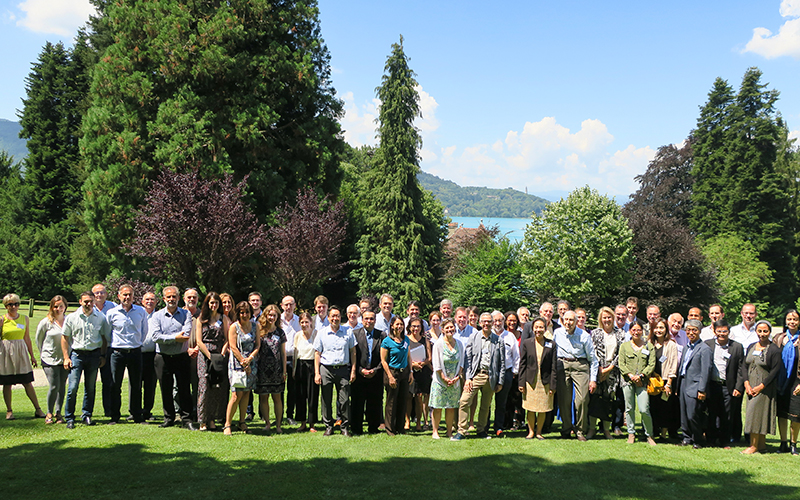
In retrospect, announcements of a dengue pandemic in the 1990s were a sentinel call to action in the fight against a range of emerging and re-emerging arboviruses.
With the recent outbreak of neurological disorders and neonatal malformations associated with Zika virus in Latin America, the yellow fever outbreaks in Angola and Brazil, West Nile Virus in North America, the not-too-distant emergence from sub-Saharan Africa and global spread of chikungunya virus with a relatively recent arrival in the Americas, and the on-going and deepening dengue pandemic in the tropics and especially Asia, arboviruses and specifically flaviviruses are in the news and at the top of social, political and public health agendas.
These events establish an urgency and raise awareness of the need for integrated control and prevention strategies. These strategies focus on vector control, environmental management, personal protection, social mobilization and political will, case ascertainment and management, surveillance including laboratory confirmation, and vaccination.
It is widely recognized that no single strategy alone can fully address the problem. Timely access to clinical services and appropriate care can reduce mortality dramatically. Vaccines are widely available to protect against japanese encephalitis and yellow fever. The first dengue vaccine was licensed in 2015 and several more candidates are under development. Zika vaccine candidates are in early stages of development and progressing with full support. While diagnostics are available for surveillance and research, recent events have highlighted the need for differential diagnostics, and the need for point-of-care rapid diagnostic tests. Following the application of rigorous evaluations, there is increasing awareness of the efficiency of various prevention strategies against disease. Progress is being made.
Urbanisation, poverty and international trade and travel are widely recognized as contributors to these emerging and re-emerging arboviruses and the diseases they cause. The impact of climate change is also widely touted, although the relationship is complex.
The aim of this meeting was to raise awareness and advance the discussion on these topics.
Partnership for Dengue Control (PDC) website
Download the programProgram
Day 1 Wednesday, June 20
Day 2 Thursday, June 21
Day 3 Friday, June 22
Session 1: Epidemiology, diagnostic and surveillance
Chair: Usa THISYAKORN
-
9:05 - 9:25
Yellow fever: the current Brazilian outbreak and response
João Bosco SIQUEIR Jr
Download presentation -
9:40 - 10:00
The interplay between different flaviviruses: overview and results from Brazil
Mauricio Lacerda NOGUEIRA
Download presentation
Session 2: Disease update: emphasis on the exemple of Zika
Chair: Mauricio Lacerda NOGUEIRA
-
10:45 - 11:05
Zika virus transmission as an endemic disease in Thailand
Rome BUATHONG
Download presentation -
11:20 - 11:40
Evolution of emergence and expansion of Zika virus: difference from Dengue and Chikungunya
Nikos VASILAKIS
Download presentation -
11:55 - 12:15
The complex relationship between the emerging flaviviruses: Dengue and Zika
Michael GAUNT
Download presentation -
14:35 - 14:55
Stress-induced unfolded protein response contributes to Zika virus-associated microcephaly
Marc LECUIT
Download presentation -
15:10 - 15:30
Progress and hurdles to a safe and effective Zika vaccine
Anna DURBIN
Download presentation -
16:15 - 16:35
The origins and catalyst for formation of CEPI; CEPI’s priorities
George THIRY
Download presentation
Session 3: Vectors biology and control
Chair: Nikos VASILAKIS
-
8:30 - 9:00
Overview of Aedes aegypti biology and interactions with dengue and Zika viruses
Louis LAMBRECHTS
Download presentation -
9:15 - 9:35
Wolbachia: how to optimise and sustain its promise of control of Aedes and Aedes-borne viruses
Scott RITCHIE
Download presentation
Session 4: Dengue Vaccines
Chair: Duane GUBLER
-
11:30 - 11:50
The first licensed tetravalent dengue vaccine: deliberations on its use
Annelies WILDER-SMITH
Download presentation -
14:00 - 14:20
Dengue diagnostics update
Elizabeth HUNSPERGER
-
14:35 - 14:45
Rapid and ultrasensitive detection of pathogens for early and late post-exposure countermeasures
Fransisco VEAS
Download presentation

